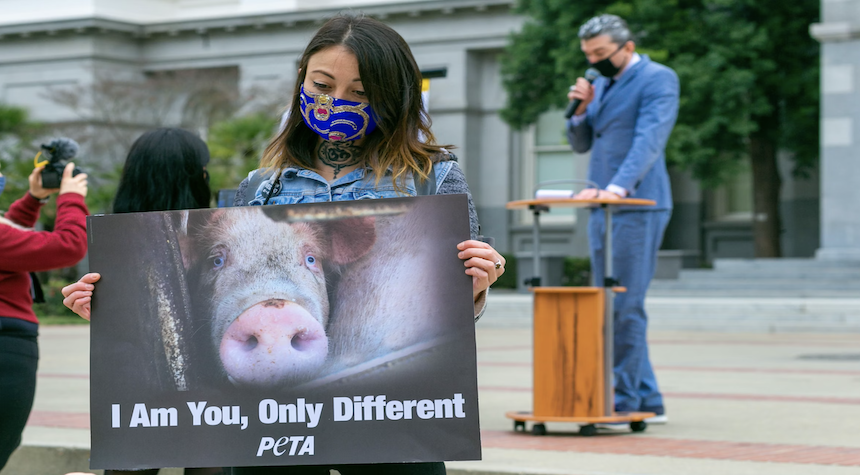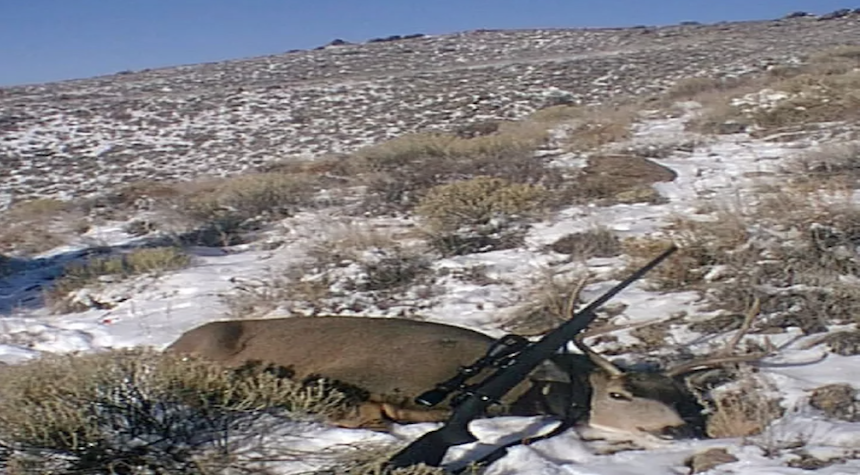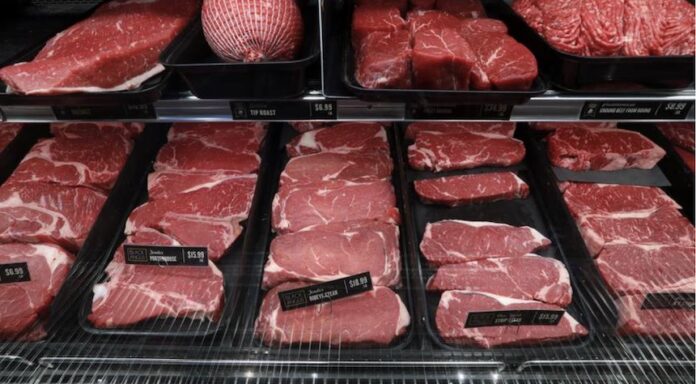Eat meat or not, that is the question. As for me, I’ll continue to eat delicious and nutritious meat.
I’ve been dogging PETA and their ilk online for two and a half decades now, since the halcyon days of Usenet. PETA just keeps on going.
Supremacy is at the root of why people think it’s okay to eat other animals.
— PETA (@peta) June 17, 2023
Oh for Pete’s Sake. PETA, as they do, has seized the current buzzword to frame it in line with their pet cause – veganism. PETA was challenged and this is how they chose to respond:
Why do other animals think it’s ok to eat other animals?
— david nico 🔋 (@davidenico) June 18, 2023
PETA’s claims don’t even use the word “ethical” to describe ethical principles. Here’s why.
The topic has been covered to death for the past quarter century. You can argue that the vegan diet, based on PETA’s arguments and histrionics (I use the word “argument,” in the broadest sense possible), is not good for your brain. The best evidence against PETA’s “ethical” vegan agenda is not the actions taken by meat eaters but the actions taken by PETA members in pursuit of the claim of “ethicalism”. It’s because ethical veganism has a huge ethical impact. It’s just a sham; it’s an easy and cheap way to appear morally superior without actually doing anything. It’s a sham, a pose; if you will. A cheap and easy way to adopt a pose of moral superiority without really doing anything.
Before we continue, let me clarify something: I do not mean dietary vegans. I’m not referring to people who choose a vegan diet for health reasons. I know many of them; they eat whatever suits them and I eat whatever suits me. We don’t bother one another. When I refer to “ethical vegetarians,” I’m referring to PETA, and other activists of the same kind — those who insist on an ethical diet and wag their fingers at us.
They are utterly false. In fact, ethical vegans’ claims constitute the worst kind of hypocrisy. The core of ethical veganism is a logical error called Denying the Antecedent. This fallacy is expressed in the following way:
- Animals die when people eat meat.
- I don’t eat meat.
- Therefore, I do not kill animals.

Why is this argument a false one? Plant agriculture kills millions of animals. Some animals are accidentally killed in mechanized farming, while others are deliberately killed in pest control. Animals are still killed every day. Each carrot, potato, celery stick, and other vegetable has a trail of blood from the field to your plate. These collateral deaths are not known in numbers, but they do occur. This is a concern for vegans.
When confronted by this, many ethical vegans quickly switch to the claim of “less harm”. But that does not help them, as the issue of collateral death still knocks them down. Ask two questions when an ethical vegan says their diet is “less harmful” than yours.
Tell me what “harm” is and how you would quantify it. Are we talking about deaths? Injuries? Displacement?
What is the harm caused by my diet and your diet? If you claim that A
Each third-pound portion of venison, if I kill a buck, costs more or less one-eightieth the life of that animal. What is the number of animal deaths caused by a serving of rice that weighs a third-pound? Potatoes? Lettuce? Nobody can say for sure, but there could be dozens or hundreds. The process involves killing animals at each stage, including planting, cultivating, and harvesting. Rodents are also killed with poison and traps during storage and transportation. PETA and its followers don’t care about these deaths, because they follow no ethical principles. The rule they follow is a ridiculous, easy-to-follow, moralizing one: “Don’t eat animal parts.”

The worst part is that any ethical vegan would be able to achieve their goal of not causing animals to suffer. You can easily move off the grid, grow your own food and control exactly how you do so — without traps, pesticides, or mechanized equipment. You can achieve zero deaths by going back to Middle Ages farming and growing only vegetables. When you suggest this to a vegan who claims to follow an ethical principle, they will always say “It’s just too hard.” This is another blow to their claim that they are following ethical principles. This is what principles are. That’s hypocrisy.
I am aware of the costs involved when I kill an animal. I accept this cost. It’s a fact of life that most people accept, no matter where they buy their food. This is a fact that is not ethical. PETA will continue to repeat the same lies, no matter how often they are reminded of the costs associated with their diet. They continue lecturing the rest of us, claiming an ethical high ground to which they are not entitled, all the while shoveling forkfuls of blood-soaked, industrial-agriculture-sourced veggies into their pie-holes. These people deserve only ridicule.


